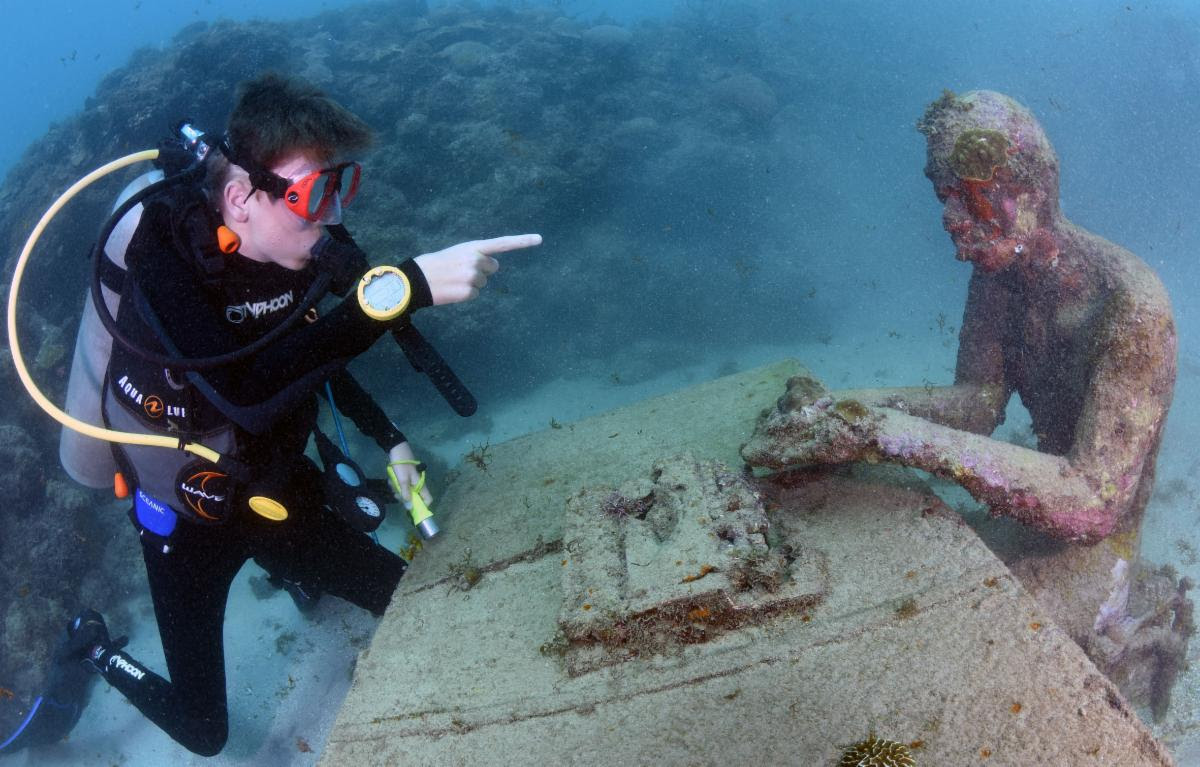NEW YORK, Jun 4 2015, CNS – The chief executive officer of the Grenada Tourism Authority (GTA), Rudy Grant, wants regional countries to place greater emphasis on the impact of communicable diseases as well as climate change on the Caribbean’s vital tourism industry.
Tourism is the mainstay of many of the economies of Caribbean nations and contributes to more than 50 percent of their gross domestic product (GDP).
“One of the things we are paying close attention to is communicable diseases. You would have heard in the past some discussions with respect to Chikungunya and the impact that has had and we believe in Grenada that we have to constantly keep aware of what is happening in the global environment,” Grant told the Caribbean News Service (CNS).
“One of the things here at CTO is that CARPHA (the Caribbean Public Health Agency ), which is an entity that focuses a lot on what is happening in terms of health and medical related issues has been giving some presentations and speaking with us,” said Grant, who is attending the Caribbean Tourism Organisation (CTO) organised Caribbean Week.
“I think that that is very important because as we seek to enhance and expand our tourism sector we also have to be very conscious what are possible threats and we have to be able to determine how we, in a very systematic and determined and strategic way, can deal with any possibilities of a negative impact to our tourism environment,” he said.
Grant said it was important for the region “to be able through the expertise and the knowledge of other entities and persons who have those skills to mitigate any of those negative challenges that would come”.
CARPHA and CTO have been partnering to address issues affecting health and tourism in the Caribbean region and according to the Trinidad-based CARPHA, outbreaks of food and water-borne diseases may be the most common health problem in visitors with major negative economic impact.
The Caribbean tourism industry is reported to have suffered losses estimated at US$250 million during a five-year period during the early 2000s due to preventable outbreaks of diseases.
CHARPA has also pointed to major environmental challenges including beach water quality, adding that hotels and tourism facilities face challenges of water and energy conservation to reduce carbon footprints, not to mention the overarching threat of climate change.
The Belize-based Caribbean Community Climate Change Centre (CCCCC) has agreed that joint action with the health sector and environment was essential to improving resilience and mitigating and preventing the problem.
CHARFA said that a 10 per cent improvement in the energy efficiency of the region’s hotels, could significantly contribute to the reduction of greenhouse gases, as well as improve financial performance.



